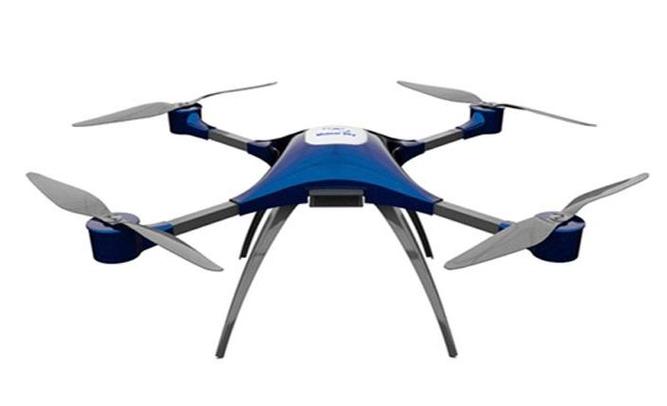In the ever-evolving world of drone technology, DJI drones have continued to dominate the market with their advanced features and consumer-friendly designs. However, the regulatory environment surrounding these devices has become increasingly complex, leading to bans and restrictions in various regions. Understanding why “DJI drones banned” emerges in legal discussions requires exploring the nuances of international regulations, privacy concerns, and national security issues.
The Rise of DJI Drones
DJI, a leading Chinese technology company, has established its reputation as a pioneer in the drone industry. With a range of models catering to both amateur drone enthusiasts and professional photographers, DJI drones are celebrated for their innovative capabilities and ease of use.
Privacy Concerns with DJI Drones
One primary reason for the “DJI drones banned” discourse is privacy. The advanced cameras and tracking features of these drones pose significant privacy risks. There have been instances where drones were used for unauthorized filming or surveillance, raising alarms about individuals’ rights to privacy in public and private spaces. Countries like the United States and United Kingdom have expressed these concerns, prompting stricter regulations and, at times, outright bans in sensitive areas. These legal measures are designed to protect citizens from unwarranted surveillance while balancing innovation and technology.
National Security Implications

National security is another critical aspect driving the regulatory frameworks around DJI drones. Given that the company is headquartered in China, some countries fear that data collected by these drones could be accessed by foreign powers, potentially compromising national security. Such concerns have led to significant discourse in countries like India and Australia, where “DJI drones banned” headlines have brought attention to the need for sovereign control over airspace and data.
The U.S., in particular, has expressed apprehensions through its Department of Defense, resulting in restrictions on DJI drones in specific governmental and military capacities.
Legal Restrictions and Their Implications
Legislation affecting DJI drones varies widely from country to country. The European Union has its set of guidelines, while the United States Federal Aviation Administration (FAA) mandates different rules for drone operations. These legal restrictions are not always outright bans but often involve strict guidelines on where and how drones can be operated. For instance, operators may need to register their drones, adhere to no-fly zones, and comply with altitude limits and operational hours. Such measures are designed to ensure public safety and sovereignty while fostering technological advancement.
Impact on Users and Market Dynamics
The bans and restrictions on DJI drones have significant effects on both users and the broader market. For recreational users and professional operators alike, these legal changes can restrict potential and creative uses of drone technology. Furthermore, such legislation influences market dynamics by impacting sales, international trade markets, and the innovation ecosystem. Companies might seek alternative ways to align with legal requirements or explore other regions with more lenient laws. While restrictions can stimulate local drone manufacturing, they may also hinder technological progress if not balanced with industry input.
Adapting to a Changing Regulatory Environment
As technology evolves, so too does the landscape of law and regulation. Companies like DJI need to engage proactively with policymakers to navigate these changes effectively. By demonstrating their commitment to privacy and security standards, these organizations can help to shape regulations that protect both consumers and broader societal interests.
FAQ: Common Questions on DJI Drones and Regulations
Q1: Why are DJI drones banned in some countries?
A1: DJI drones may be banned due to concerns over privacy, data security, and national safety. Specific regulations depend on each country’s legal framework and perceived risks.
Q2: What can drone operators do to comply with new regulations?
A2: Operators can ensure compliance by understanding local laws, registering their drones if required, and adhering to operational guidelines, such as altitude limits and no-fly zones.
Operators can ensure compliance by understanding local laws, registering their drones if required, and adhering to operational guidelines, such as altitude limits and no-fly zones.
Q3: Are there any alternatives to DJI drones?
A3: Yes, the market offers various alternatives, including drones from companies like Parrot and Yuneec, which may have different features and regulatory preferences.
Overall, while DJI drones continue to be popular among consumers and professionals, understanding the specific reasons and contexts behind regulations is crucial for safe and legal operation. Balancing innovation with societal concerns remains a key challenge for both manufacturers and policymakers in the drone space.